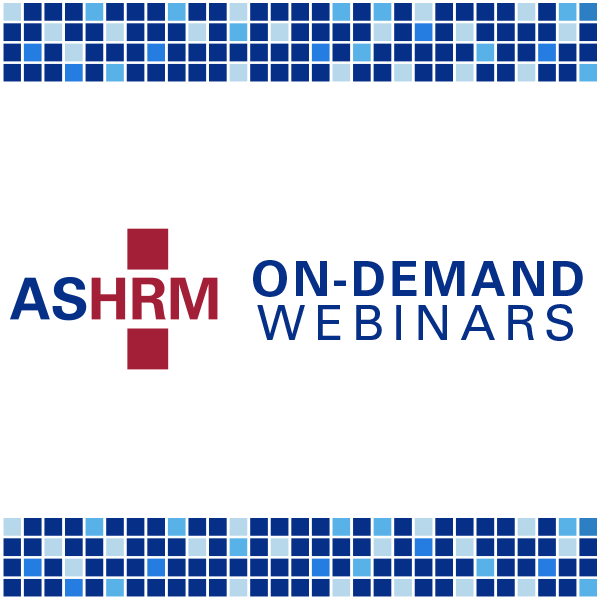“Open Notes” – How to Protect Your Organization from the Unintended Consequences of the 21st Century Cures Act
ASHRM CE Credit: 1.0
Domain: Legal & Regulatory
Level: Foundational
This session examines several unintended consequences of the 21st Century Cures Act and how health care organizations can limit exposure.
Imagine finding out you have cancer via email. Or, imagine reading a disparaging note about yourself documented by your health care provider. Or, imagine trying to determine how you can keep your own medical record private on a shared computer in your house.
In early 2021, health care systems introduced the “open notes” component of the 21st Century Cures Act. With that introduction came dozens of new medical malpractice and patient safety risks, most of which were new to health care. It is now possible for a patient to find out about their diagnosis before the provider. It is now possible for a patient to read all of a provider’s documentation, including any negative or criticizing comments. It is now possible for a domestic abuse victim to be in even more danger as their confession to a provider could now be visible in the electronic chart.
The anticipated benefits of this act are still noteworthy – patients can play a more active role in their care if they are more familiar with the care plan and have more regular access to their results. However, the implications of this act are far-reaching, and health care organizations are struggling to implement solutions and best practices that protect their providers and patients while still meeting the requirements of the law.
Objectives:
- • Outline real examples of how the Cures Act can create additional liability for providers and/or health care organizations.
- • Summarize recommendations or best practices to limit exposure for each example presented that illustrates liability concerns with the Cures Act.
- • Discuss strategies that risk managers can utilize to assist and educate providers in navigating these challenges.
Speakers: Heather Marchegiani and Marlene Icenhower
| Product Code | 322017OD22 |
| ASHRM CE Credits | 1.0 |
| CNE Credits | 1.0 |
| Domain | Legal & Regulatory |
| Level - Foundational (F), Practitioner (P), Advanced (A) | F |
| Publication Date | 8/29/22 |
| Next Review | 7/1/24 |
| Credit Expires | 7/1/25 |
For questions regarding this webinar, contact ASHRMEd@aha.org
Speaker Bios
Heather Marchegiani, MBA is the Vice President of Operations at Med-IQ, a medical education company. She oversees the project management and client services divisions of the company, and has nearly 15 years of experience in risk management and implementation of education programs, primarily focusing on assisting health care providers to mitigate their malpractice risk and improve patient safety. Heather received her Bachelor’s degree from the University of Connecticut, and her MBA from Western New England University. In addition to Heather’s professional expertise, she has also witnessed health care firsthand as a cancer patient, and through her encounters with providers, nurses, and the system as a whole, has recognized some best practices and opportunities medical professionals should consider as they look to improve patient care.
Marlene Icenhower, BSN, JD, CPHRM is a Senior Risk Specialist at Coverys one of the largest MPL carriers in the US. Marlene has more than 30 years of health care and legal experience, focused in the areas of regulatory compliance, quality management, and patient safety. As a registered nurse, Marlene practiced in cardiac care, critical care, and case management. Prior to joining Coverys, she was the director of risk management for a mid-sized hospital system. In this role, Marlene was responsible for the overall risk management and patient safety program, loss control, and risk financing, while also participating in contract reviews, patient relations, and quality and accreditation activities. Her legal experience includes first chair trial experience in state and federal court. Marlene received both her Bachelor of Science and Juris Doctor degrees from St. Louis University.


